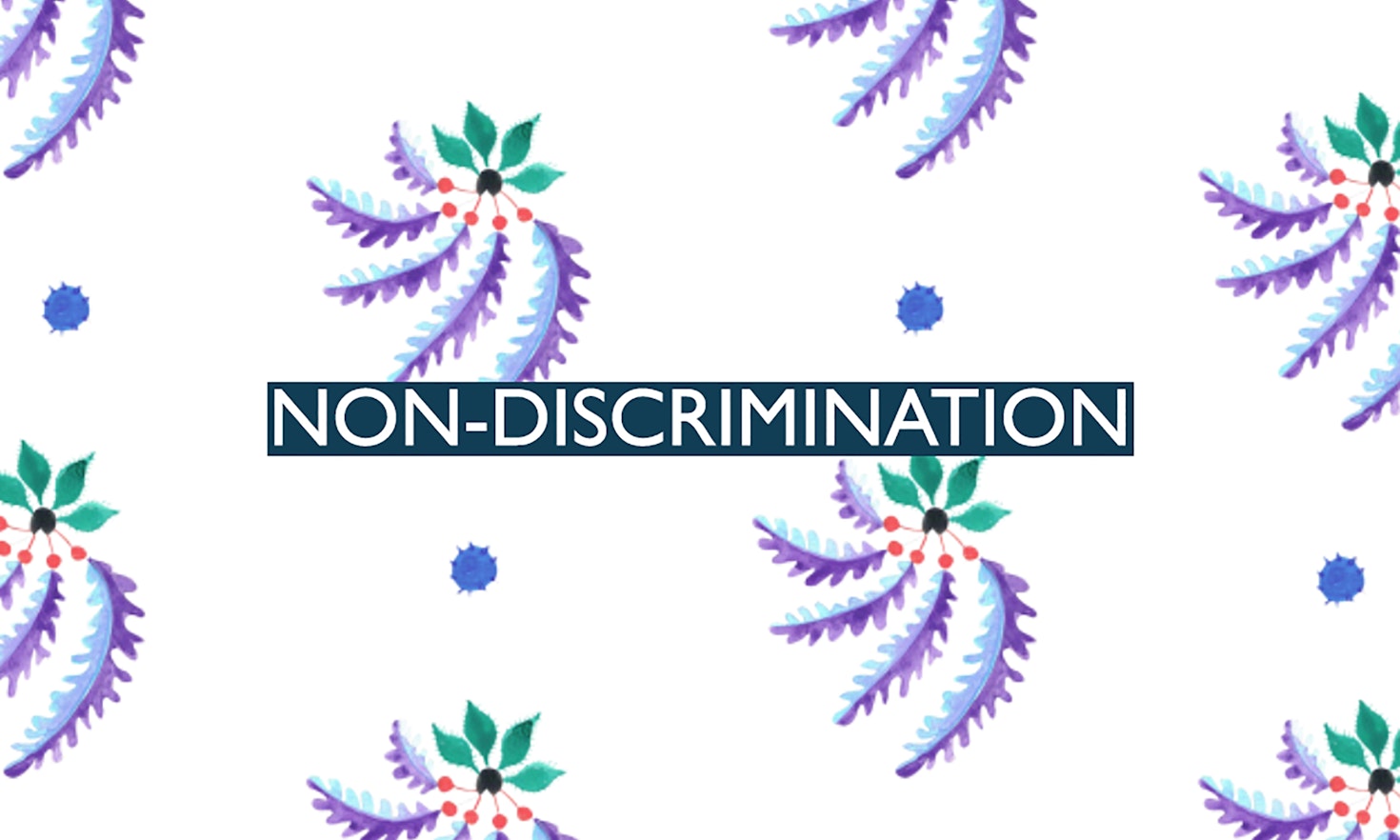
The fight against climate change: a matter for subnational governments!
 Federica Cittadino
Federica Cittadino
This summer, the Prime Minister of Hungary gave a speech that made headlines.1 The long-term head of government explained to his audience that in his eyes the “internationalist left” claims that “Europe by its very nature is populated by peoples of mixed race” which conflated two things.
One is "a world in which European peoples are mixed together with those arriving from outside Europe. Now that is a mixed-race world.“ An entirely different thing is a "world, where people from within Europe mix with one another, move around, work, and relocate.“ The latter world is not a "mixed-race“ but "simply a mixture of peoples living in our own European homeland." Basically, it is fine for Europeans to mingle but not with people from outside Europe. In the Prime Minister’s words: we are "willing to mix with one another, but we do not want to become peoples of mixed-race”.2 It appears that Orbán later explained that he is sometimes "misunderstood" given that his views present "a cultural standpoint".3 However, "cultural" views of high-ranking politicians tend to be quickly assimilated into legal interpretations within the respective national administrations, some of which might collide with the EU Charter of Fundamental Rights.
Take the example of a case which came before the European Court of Justice (CJEU) concerning the legality of a Council Decision to establish a provisional system which relocated migrants from Italy and Greece to other EU Member States.4 The case was brought before the CJEU by both Hungary and Poland who argued that binding EU-wide relocation quotas would have disproportionate effects for countries that are "virtually ethnically homogeneous" and as such, these relocation quotas were therefore illegal. The Grand Chamber of the CJEU replied that making relocation conditional upon the existence of cultural or linguistic ties between each applicant for international protection and the Member State of relocation, would make the adoption of any relocation mechanism impossible. What is more relevant for our context is that the Court continued by stressing: "It should be added that considerations relating to the ethnic origin of applicants for international protection cannot be taken into account since they are clearly contrary to EU law and, in particular, to Article 21" of the Charter.5 The Charter puts certain fundamental limits to law- and policy-making.
Article 21 forbids "any discrimination based on any ground such as sex, race, colour, ethnic or social origin, genetic features, language, religion or belief, political or any other opinion, membership of a national minority, property, birth, disability, age or sexual orientation". This builds on Article 14 of the Council of Europe’s Convention of Human Rights adding the modern element of genetic features and 3 more specific aspects of equality, namely disability, age and sexual orientation. These additions are not all too relevant practically speaking given that both catalogues just give examples of protected grounds. However, what is of practical relevance is that Article 21 creates a self-standing right which is not (!) accessory in nature. This is very different under the ECHR in which Article 14 is only applicable in combination with another ECHR provision6. Another practical strength of Article 21 is that it is not only directly applicable to vertical relationship between the individual and the State, but even in the horizontal relationships between individuals.7
Examples of how the EU is promoting equality:
Non-discrimination clauses are classic components of national human rights catalogues11. Most constitutions establish that discrimination based on certain “protected grounds” is forbidden in the exercise of all fundamental rights with Ireland being an outlier by referring to non-discrimination only in reference to the freedom of association. Some non-discrimination provisions provide special emphasis to minorities such as those of Czechia, Slovakia and Sweden12 whereas others stress gender equality in the case of Finland13, children in the cases of Finland and Sweden14, disability in Austria specifically15 or religion in the case of Germany16. The fact that discrimination based on sexual orientation is explicitly prohibited only in the human rights catalogues of Greece and Portugal shows that the Charter’s Article 21 is more encompassing than the non-discrimination provisions in most constitutional texts17.
The overall picture that emerges is that the constitutions of the EU Member States follow three different models. They establish exhaustive (taxative) lists of protected grounds on which discrimination is forbidden or lists of examples of protected grounds on which a distinction is illegal (demonstrative lists). While this is counterintuitive, the length of lists does not correlate with the fact of whether the list is taxative or demonstrative in nature18. Finally, there is a small group of States, including Latvia and Poland, where discrimination is outlawed in the constitution without the provisions providing specifics of especially protected grounds19.
Article 21 of the Charter has prominent ‘normative friends’. Article 2 of the EU-Treaty establishes equality, non-discrimination and tolerance as key values shared between the EU and its Member States. Moreover, Article 21 is complemented with a competence base in EU primary law which has allowed the EU legislator to develop a dense net of EU legislation which protects against discrimination20. The fact that Article 21 of the Charter is complemented by detailed EU legislation leads to a paradox: it underlines the relevance of Article 21 while at the same time making it less likely for legal practitioners to refer to it.
Interested in knowing more? Well, here you are: ‘All EU-r rights‘, stay tuned!

This content is licensed under a Creative Commons Attribution 4.0 International license.